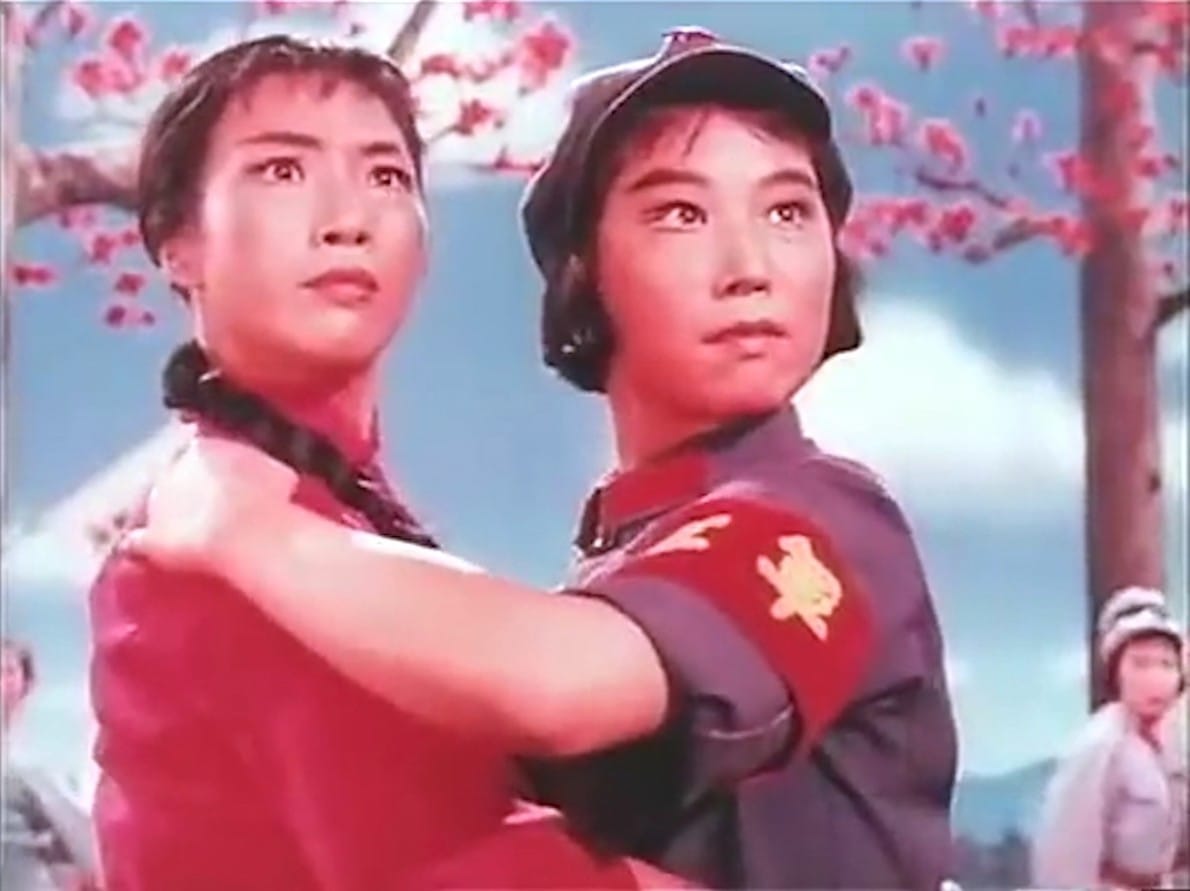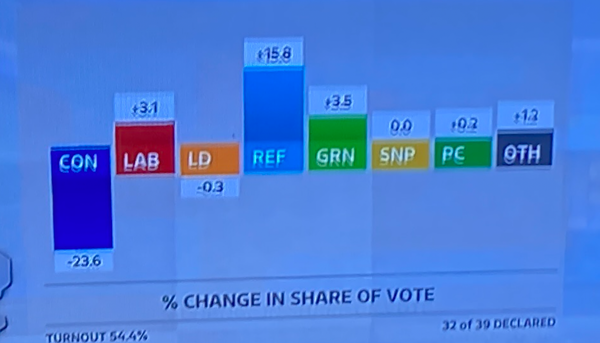A new Curtis lands

So there's a new Adam Curtis film out. It's 8 hours long over 6 chapters and in it he attempts to explain, or outline a theory explaining, how we have gotten to where we're at at this moment in time and why the world doesn't seem to be working for anyone anymore.
I have had a fluctuating relationship with Curtis' work over the years. The first film (I'm calling them films because while they tend to exist as TV serieses, the nomenclature of the tellybox doesn't quite fit) of his I saw was The Power of Nightmares in 2004 which turned me into a raving fanboy for a while. Once the honeymoon wore off I became more cynical of his approach, seeing it as something to be avoided even if I do mostly agree with him on things. I think it's that thing where someone working close to your wheelhouse prompts a unique flavour of criticism, because you swim in those waters and you know what they're like. Yes, that stuff he's talking about is interesting, but he's doing it wrong.
I don't pretend to be Adam Curtis' peer, but it amuses me that my (stalled due to pandemic) 1972 Project could easily be a Curtis film. It sees me approaching middle age and considering how events and ideas surrounding the year of my birth might explain how we have gotten to where we're at at this moment in time and why the world doesn't seem to be working for anyone anymore.
So yeah, Curtis dropping an 8 hour film on pretty much the subject I'm been pondering… Nice.
The first part of Can't Get You Out of My Head is, I was relieved to see, classic Curtis. A brain-fart of disconnected ideas and obscure characters bundled up in search of a narrative thread. I confess I joined in the commenters jeering in the Guardian's review, noting the peculiarity of focussing on Kerry Thornley, the founder of Discordianism (of which I know something), but utterly ignoring the contribution of Robert Anton Wilson who at the very least popularised it all.
But I was intrigued, so I watched the second part. And reader, I loved it, and the rest. The final chapter is quite divine and fully quashes any reservations I might have built up over the years. There's even a note of optimism, a sense that we are stronger and weirder than the forces that try to control us, that we might be able to find a way out of this nihilistic stupor and build a better, or at least different, future.
I may write more about his conclusions, or I may just let them percolate in my brain and feed through my own work, but I certainly recommend you get through the first episode and give the whole thing a go. It's only 8 hours.
Further reading:
- What Does The Future Hold? An Interview With Adam Curtis (The Quietus)
- Adam Curtis Explains It All (The New Yorker)



